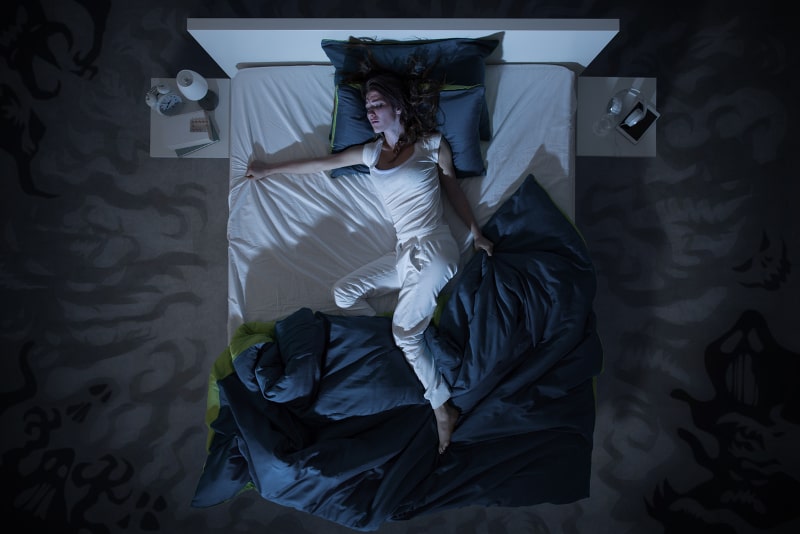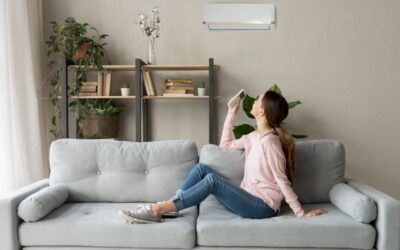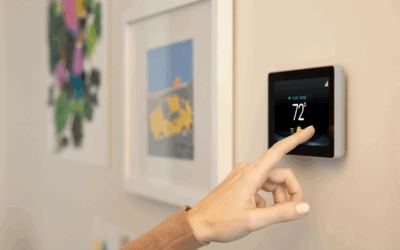If you haven’t been sleeping well in your Gulf Breeze, FL home, your HVAC system may be to blame. Here are four ways your HVAC system can affect your sleep quality.
1. Temperature
Temperature is the first thing that anyone thinks about when it comes to their heating and cooling system. According to most research, the ideal temperature for getting a good night’s sleep falls between 65 and 68 degrees Fahrenheit, but you need to consider your personal preference. Finding the best nighttime temperature for your home takes trial and error, so feel free to experiment with your temperature settings within reason.
2. Noise
A noisy heating and cooling system will almost certainly keep you up at night. It also indicates that something is wrong with your system. If your heating and cooling system is loud enough to disrupt your sleep, call an HVAC professional to schedule repairs.
3. Humidity Levels
Humidity has a profound effect on your ability to sleep through the night. Low relative humidity levels can leave you with a sore throat and dry skin, while high relative humidity can make you feel uncomfortably warm even when your home is at a reasonable temperature. Your HVAC system can keep your home’s humidity to a reasonable level, especially if you have a humidifier or dehumidifier installed.
4. Indoor Air Quality
Poor indoor air quality can make it harder to breathe, trigger allergic reactions, and otherwise make you too miserable to sleep through the night. You can install an air purifier to improve your indoor air quality.
To get more information about how your HVAC system can affect sleep quality or to schedule repairs or maintenance for your HVAC system in Gulf Breeze, FL, call Lundsford Air Conditioning and Heating today.
Image provided by iStock




